Bail Bonds Blog and Resources
Justice by Algorithm
- Details
- Published: Thursday, 07 March 2019 13:53
- Written by Chris Ramos
Winston Churchill once famously said “Democracy is the worst form of government, except for all the others.” The same could be said for cash bail. While it’s certainly not a perfect system no one has come up with a better way to safeguard the presumption of innocence. Remember, in the American legal system a person is presumed innocent until proven guilty. Because of that forcing someone to molder in jail until they can have their day in court is extremely problematic from a legal perspective. At the same time however, simply letting people go and taking their word that they’ll show up to face the charges against them is also a dubious proposition. Bail bonds allow the innocent to remain free while awaiting trial and provides an incentive for the accused to fulfill their obligation to appear in court.
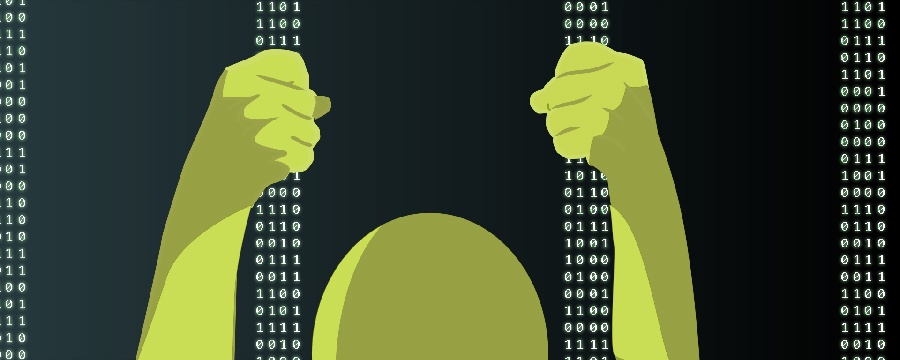
What is a Bail Hearing and Why Doesn’t Every Suspect Have One
- Details
- Published: Thursday, 28 February 2019 14:28
- Written by Chris Ramos
When a person is arrested on suspicion of committing a crime it sets in motion a series of events. Sometimes the person is simply fined and released. Sometimes they are charged but released on their own recognizance. Other times the police - working from an established “bail schedule” - inform them how much bail they or a loved one working with a bondsman will need to pay in order to secure their release. And still other times the suspect is held for a bail hearing before a judge or magistrate. At such hearings bail may be set, negotiated or denied. But why is it that some defendants are allowed to post bail after being arrested and others need to wait for a bail hearing?
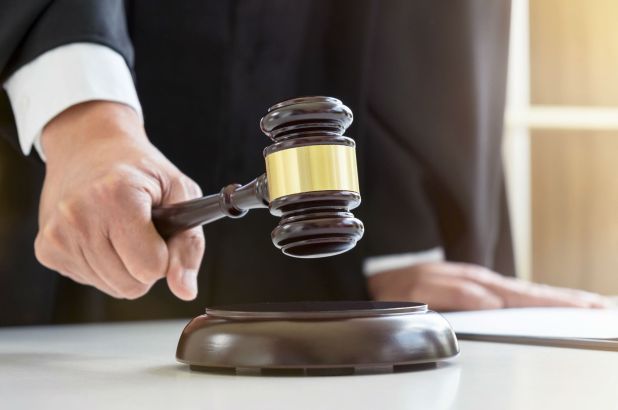
Everything You Need to Know About Bail Schedules
- Details
- Published: Wednesday, 20 February 2019 14:26
- Written by Chris Ramos
Getting arrested is confusing, embarrassing, scary, infuriating, inconvenient and expensive. Fortunately in the US we have a bail system that allows the accused to secure their release while awaiting their day in court. In some cases bail may only be a couple of hundred bucks. In other cases however, it may be $50,000 or more, depending on the charge.
In most cases where large amounts of money are involved it’s common for the accused to contact a loved one who, in turn, contacts a bail bondsman for assistance. But how is the amount of the bail determined in the first place? Do the police just pull a number out of thin air? Not exactly. In most cases the amount is predetermined and specified on what’s called a “bail schedule”.
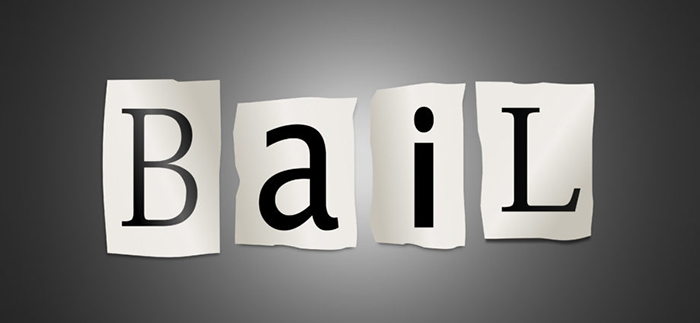
The Rise of the Bail Algorithm
- Details
- Published: Wednesday, 13 February 2019 21:12
- Written by Chris Ramos
The Constitution prohibits the imposition of unreasonable bail amounts but other than that is silent on the issue. This absence of strict federal guidance has resulted in a situation where bail bonding means different things in different states.
Recently, a growing number of jurisdictions across the country have adopted what are called “bail algorithms” which are touted as a way to ensure everyone pays a fair bail amount, but which have been roundly criticized for their lack of transparency among other things. While they haven’t appeared in Adams County, Broomfield County, Weld County or Denver just yet, their adoption here may not be far off and so it’s an issue worth exploring.

9 Myths About Bail Bond Agents
- Details
- Published: Monday, 28 January 2019 10:41
- Written by Chris Ramos
When a loved one has been arrested posting the full bail amount is often not an option. After all, 60 percent of Americans have less than $500 in cash available at any given time. So even if bail is set at a modest $1,000 it may be too much. That’s where the bail bonds agent comes in. For a modest fee the bail agent will post a bond for the full bail amount that will enable your loved one to walk free and resume a normal life while awaiting their day in court.
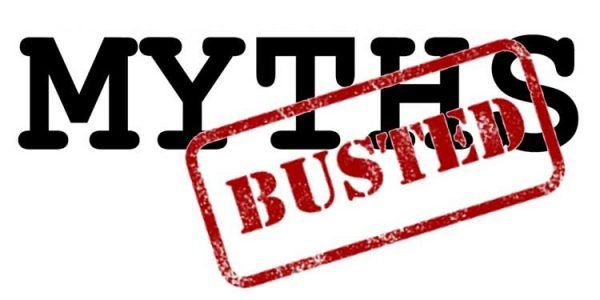
Credit Cards and Bail
- Details
- Published: Monday, 21 January 2019 10:31
- Written by Chris Ramos
The majority of people who wind up needing the services of a bondsman are first time offenders who have no experience with the bail process. So they usually have a lot of questions. One of the more common questions people ask is “Can I post bail for myself or my loved one using a credit card?” In a growing number of cases the answer is “yes”. But it’s not always cut and dry and there are some impassioned voices that argue against the use of credit cards, particularly right inside the jail.
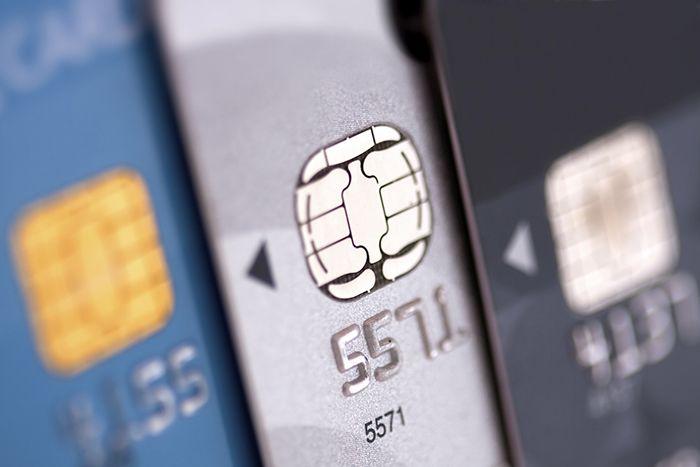
Search
Site Menu
Our Mission
To get your friends, loved ones, and colleagues out of jail as fast as possible all while providing superior service at the lowest possible price
Contact Info
This email address is being protected from spambots. You need JavaScript enabled to view it.
664 Hayloft Way
Brighton, CO 80601